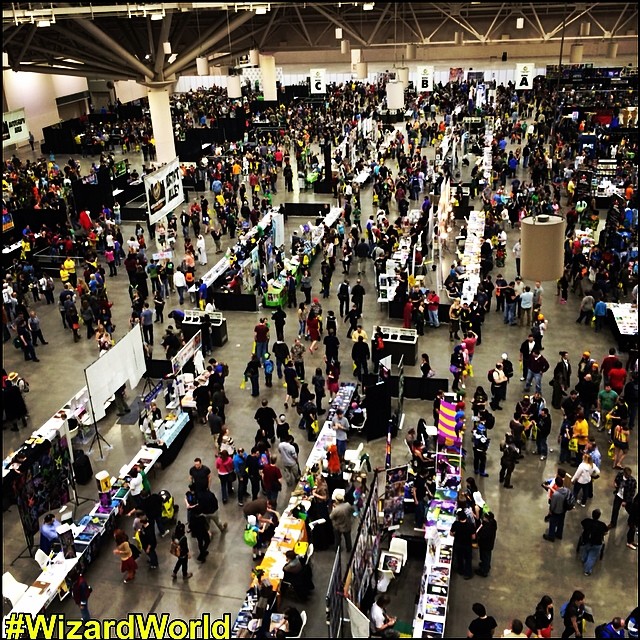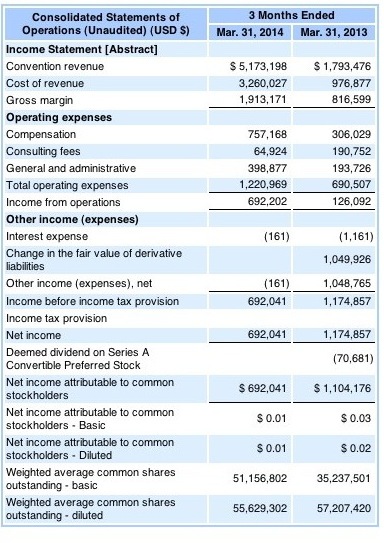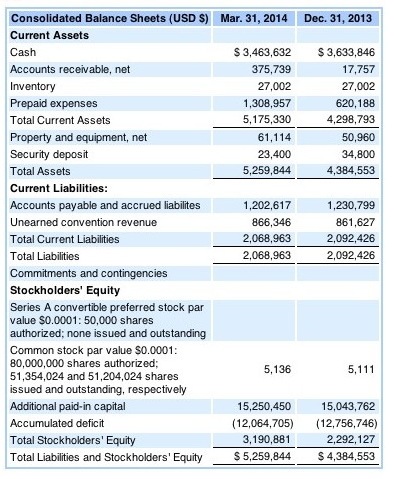A couple of things floating around out there that quantify the rise in comic book convention profits. Rob Salkowitz quantifies some very interesting research by Eventbrite and guesses that comic book theme events could be as much as a $3 billion business, a number that dwarfs the $600-700 million usually given for the comic book industry itself. Attendance is up about 20% every year, while some profits are up by triple digits. While all pop culture events are up, comic book events are up the most, even more than video game and other industries:
According to non-public data from fandom events Eventbrite ticketed over the past two years, ticket sales growth of fandom events on the platform significantly outpaced the growth of their festival and consumer events business overall. In fact, fandom events had the highest average gross ticket sales across all festival and consumer event categories, excluding music.
Comic cons are king. Another interesting point in the data is the disparity between popularity of certain sub-segments of fandom and the revenue generated by those events. Over half of fandom events on Eventbrite between 2011 and 2013 are categorized as gaming events, but anime and comic events drove 70% of gross ticket sales.
Within the fandom segment, comic cons blow away all other categories with average ticket sales over 2.75x the fandom event average.
This is a key statistic as far as I’m concerned. Maybe gamers would rather stay at home an play video games? Yet comic book fans want to get out spend money and participate. Comic book events are the ONLY events that have this kind of spreading influence, unless you count state fairs. Why this should be is a topic I’ve long pondered and investigated.
As if to back all this up, Wizard has made a press release of its Q1 SEC filing for the very first time, and given the good news contained with, you can see why. (You can see all filings here, including ones which weren’t as great.) Among the highlights:
• Convention revenue for period ended March 31, 2014 was $5,173,198, an increase of $3,379,722 (or 188%) from $1,793,476 reported in the comparable period in 2013. (Heidi’s note: I’m not sure how many shows WIzard threw in the 2013 so this statistic may not be apples and apples.)• The Company increased admissions revenue by increasing the number of events and attendees. Average revenue per event in the first quarter of 2014 was $1,293,299, as compared to $896,737 during the same period in 2013.
• Operating expenses were $1,220,969 in the first quarter of 2014, as compared to $690,507 the same period in 2013, which was the result of increases in staffing and employment costs due to the increased number and size of the events.
• Income from operations was $692,202 in the first quarter of 2014, an increase of 448% from $126,092 reported in the comparable period in 2013. The increase is primarily attributable to running more and larger events with similar fixed costs.
And yet….profits were down:
• The Company reported a net profit of $692,041 or income per share of $0.01 for the three months ended March 31, 2014, as compared to net profit of $1,104,176 or income per share of $0.03, in the comparable period in 2013. Income in 2014 was generated from convention revenue versus the income in 2013 was non-cash generated from a gain on the valuation of derivative liabilities. By year end of 2013 the Company successfully extinguished all derivative instruments.
Here’s some SEC charts where you can see the numbers directly:
Whether you love or loathe Wizard shows, this is a good example os sticking with a core business, investing in it and, one expects at some point profiting from it. Wizard went public some years ago as a “penny stock” and money is made on these penny stocks through small rises and falls. I don’t know enough about the stock market to know if this is a business some people may start looking at, but the numbers seem to be going in the right direction.
In all of this con boom, there is, as mentioned many times before, ONE CITY that just DOESN’T GIVE A SHIT ABOUT COMIC CONS, and that is San Francisco, which exiled WonderCon to Anaheim and has no interest in giving the show a secure date at the Moscone Center. Local Peter Hartlaub writes for SF GAte about why the show should come back and wonders why it got the cold shoulder
WonderCon was making money, the city was making money, people were having fun and it gave locals something positive and social to do on a weekend. So why again is it no longer here?
I’ve asked a lot of people close to the convention scene this question, and this is what I’ve come up with:
WonderCon is not a low-maintenance outfit. It needs extra time set up and tear down, doesn’t have a lot of date flexibility and brings a huge crowd. (Regular attendees know that fire marshal intervention was an occasional reality.) It may not be the greatest convention if you operate a five-star hotel or Michelin starred restaurant, or you’re a City Hall lobbyist who represents those types of interests. Whether it’s true or not, the perception is that the heavy geek demographic spends a majority of its disposable income inside the walls of WonderCon.
So yeah, those artisan toast scarfing, Google-bus loving, affordable housing hating, old people out of their homes kicking silicon valley dillweeds are the LAST people in the world who still think that a comic con does not bring any money to the community. They are ANTI CONSUMER in so may ways. Maybe they need to meet Rob Salkowitz. Without nerds, tech would be nothing, you fools.











Wizard is putting on nearly double the number of shows this year compared to last year. They pay their staff peanuts, barely reimburse for travel expenses, and require employees to use their personal cell phones on site without reimbursement. Considering how they still can’t manage to consistently turn a profit, I’m amazed they’re still in business at all. For any other company I’d agree that “this is a good example of sticking with a core business, investing in it and, one expects at some point profiting from it.” But with Wizard it just seems to be luck and a suspiciously unending stream of money despite constantly ending the year in the red.
Just to clarify: $3B is for the entire fandom con ecosystem, not just ticket sales (which are ~$600M according to Eventbrite). I’ve been checking into the average claims of the economic impact of cons of all sizes, and it appears that the multiplier effect is somewhere around 5-7x the gross ticket sales on average (SDCC is more like 25x, because it has the highest percentage of out-of-towners). There’s also the value of media impressions (SDCC generated 1.4 billion last year) and marketing spend. Eventbrite tracked nearly 1000 cons last year, growing at a rate of 20% year over year since 2007. So IMO, $3B as an all-up figure is not out of the question.
Regarding San Francisco, they put a cap on attendance at the San Diego Con so the con found alternative, private, and independent ways to expand into other parts of the city with hotels and parking lots. The same is happening with the lack of a Wonder Con in the Bay Area as San Jose’s BIG WOW! COMIC FEST has really taken off and become the go to con for the Bay Area. Sure, the city is nice but even the Niners have moved out and headed south.
There is still a demand in the Bay. While the SDCC staff, whom I respect and understand their problems with the Moscone Center, did not find an alternative and shot down other locations like San Jose, that demand is being picked up with Big Wow!, the recent debut of a Wizard World in Sacramento, and even the recent Concord-Con (small but a packed turn out for a first con).
It is a shame that Wonder Con could not have stayed. Locals like me were spending money at the con, on parking (more per day than SDCC), and at local restaurants. Where we were saving money was by driving in or BARTing it in rather than on an expensive hotel. SF is very much a destination city flushed with that Twitter money so I guess the Moscone Center rather target the bigger money with tech and health care functions rather than geek culture. A shame.
the revenue/event numbers cited directly after the total revenue numbers gives apples to tapples. Wizard World had 4 events in Q1 of 2014 and 2 in 2013.
the market cap for wizard world is currently $32M. so if Wizard World throws, say, a quarter of all the cons on any given year, then the entire comic con business is worth $128M. If Wizard World is a bigger or smaller piece of that pie just adjust the total number accordingly.
interesting post, thanks for sharing!
btw according to Wizard World’s 10K, from 2013 to 2014, revenue was up 188% but profits were down 37%
“The same is happening with the lack of a Wonder Con in the Bay Area as San Jose’s BIG WOW! COMIC FEST has really taken off ”
And Big Wow! is in two weeks! May 17-18!
WonderCon is too big for the San Jose convention center:
https://www.comicsbeat.com/wondering-about-wandering-wondercon/
Although that may be changing… here is the fact sheet from the convention bureau:
FAST FACTS
• 550,000 sq. ft. total combined convention space
• 324, 760 sq. ft. total exhibition space
• 165,000 sq. ft. total contiguous exhibit space
• 143,000 sq. ft. of column-free exhibit space
• Room for 1,000 10’ x 10’ booths
• 112,523 sq. ft. total meeting space
• 104,566 sq. ft. of pre-function space
• 35,194 sq. ft. and 22,000 sq. ft. ballrooms
• 3.9 miles to the Airport
• 2,200 committable Downtown hotel rooms on peak
• 4,000 committable city-wide hotel rooms on peak
• Up to 43 meeting rooms with capacities from 50 to 3,900 in theater style seating
Plans are here: http://sanjosemeetings.com/#explore/upper
Mr. Hasek:
• The Company increased admissions revenue by increasing the number of events and attendees. Average revenue per event in the first quarter of 2014 was $1,293,299, as compared to $896,737 during the same period in 2013.
More shows and programming, more staff, means more costs.
@Torsten Adair – correct? sorry, must be missing your point.
Sorta hard to say that comic cons do better than video game cons. Comic Cons have video games.
Haven’t been to many cons lately, as admission prices are so high. Used to go to Wizard World Philly when it first started, but now ticket prices on a Saturday is either $35 or $40 (I forget which one it is). Too steep. Baltimore Comic-Con’s prices are increasing every year. It’s good that fans are going, but they’re just not worth it to me nowadays.
Comments are closed.